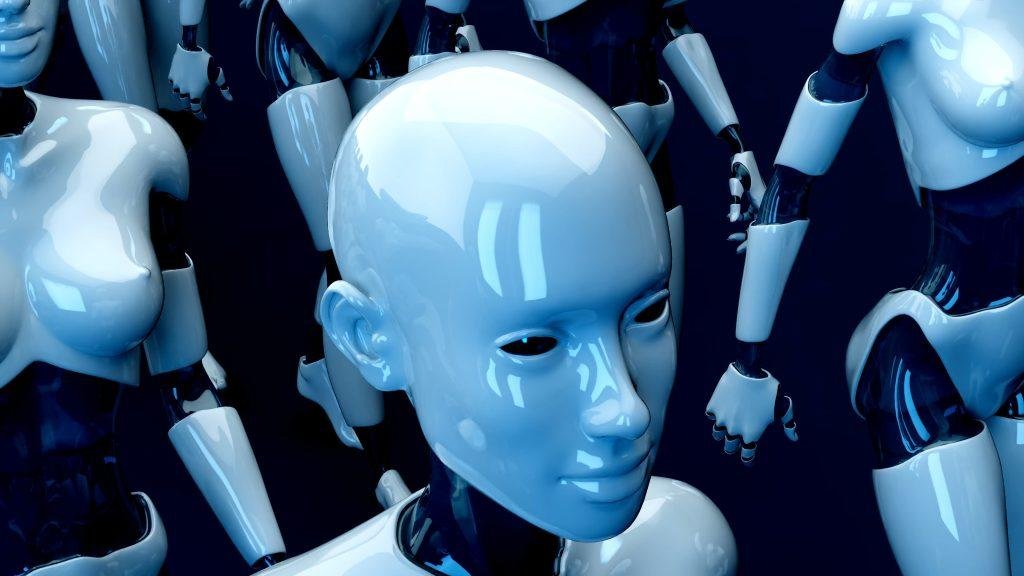In the realm of rapid technological progression, the question, “Will AI replace writers?” has garnered much attention. As artificial intelligence becomes more sophisticated, its potential impact on various professions, including writing, is an increasingly pertinent topic.
This question, while seemingly simple, carries significant implications for the future of the writing profession and for technological advancement as a whole. Navigating through the complexities of this subject, we will seek to unravel the truth behind the impact of AI on writing, exploring potential job redundancies, adaptations, and the emerging career opportunities for those who choose to embrace this change.
Understanding AI and its capacities
As of 2023, AI’s capabilities in the domain of writing have seen significant advancements. Beyond simple tasks such as grammar checks and spelling corrections, AI understands and analyzes context, tone, and style. It is capable of drafting everything from business reports to articles, utilizing data inputs to create coherent and flowing text. AI can also tailor its writing based on its intended audience, adjusting its language for technical or non-technical readers, adults, or children.
Moreover, Natural Language Processing (NLP), a subfield of AI, has improved text generation and understanding, allowing AI to understand nuances, idioms, and cultural references. Advanced AI tools can write in multiple languages, perform translations and create SEO-friendly content. These evolving capabilities of AI demonstrate its potential to augment, rather than replace, human writers, by automating mundane tasks and letting writers focus on creative and strategic aspects of writing.

The current state of AI in content writing
AI is already making its presence felt in content generation. For example, Forbes uses an AI tool called Bertie to assist its writers in drafting news stories. Bertie leverages AI to suggest article outlines based on the writer’s initial inputs. Another example is Quill, a platform developed by Narrative Science, which analyzes data to draft reports, insights, and narratives. It’s used in journalism, financial services, and customer communication to generate readable content from structured data.
GPT-3 from OpenAI is another groundbreaking example. With its capacity to write essays, answer questions, translate languages, and even write poetry, GPT-3 showcases the creative potential of machines in content generation.
However, while AI has shown impressive abilities, it is important to note that it still has limitations. AI-generated content often lacks the depth, nuance, and human touch that a professional human writer brings to the table. It requires careful supervision and editing to ensure accuracy and to avoid potential misinterpretations.

Can AI replicate human creativity?
In the realm of creativity and emotion, human writers still hold a significant edge over AI. Writing is not merely the construction of grammatically correct sentences; it is a form of art that encompasses a variety of elements, such as emotions, experiences, context, and culture, which AI currently struggles to fully grasp. The depth and complexity of human thought, the ability to empathize, and the subjective interpretation of experiences are elements that make human writing rich, authentic and relatable.
AI-generated content, while increasingly coherent, often lacks this emotional depth and the human touch. It struggles to capture the nuances of emotions or the subtleties of humor and sarcasm. As impressive as AI’s writing capabilities have become, it is fundamentally an algorithm, incapable of original thought, creativity, or empathy. Programming can mimic these aspects based on data it has been fed, but it cannot truly experience or comprehend them in the way humans can.
Therefore, while AI may automate some aspects of writing and provide assistance to human writers, it is unlikely to replicate the emotional depth and creative originality that is inherent to humans. The power of a well-told narrative, the beauty of poetic prose, or the impact of a deeply emotional piece of writing, is something that, for the foreseeable future, remains uniquely human.

Will AI replace or augment human writers?
While there may be concerns about AI replacing writers completely, the nuances, creativity, and emotional intelligence inherent in human content suggest otherwise. For all its advancement, artificial intelligence remains a tool, incapable of replicating the emotional depth, creativity, and originality that characterizes human writing. The ability to weave narratives that touch hearts, create content that resonates with diverse audiences, and innovate in writing styles is something that AI, as of now, cannot achieve on its own.
Rather than viewing AI as a threat, writers can see it as an opportunity to augment their skills. Writers who utilize AI can leverage its capabilities to automate mundane aspects of their work like grammar checks, style suggestions, or data analysis for research. This can free up more time to focus on creative ideation, strategic thinking, and crafting compelling narratives.
Algorithms can also provide insights into reader preferences, enabling writers to tailor their content more effectively. By working with AI, writers can thus enhance their productivity and creativity, carving out a niche for themselves in the future of writing. This is why it won’t be artificial intelligence making writers obsolete, but writers who adapt and utilize AI will lead the future of content creation.

Potential implications of artificial intelligence
If writers were to be wholly replaced by AI models, it could have significant implications for the job market and society at large. A large-scale displacement of writers could lead to a surge in unemployment, especially in sectors such as publishing, journalism, and advertising. The ripple effects of this would be felt across related industries, such as printing and broadcast media.
From a societal perspective, if robots were the primary source of content creation, it could result in a loss of human creativity in our narratives. Stories, opinions, and information might become homogenized, lacking the unique perspectives, lived experiences, and emotional resonances that only human writers can bring. This could ultimately lead to a lack of diversity in thought and expression, which are vital for a dynamic and healthy society.
Moreover, considering that AI operates based on the data it is fed, there is a risk of AI-generated content being influenced by the biases inherent in the input data. This could potentially propagate and amplify existing biases, leading to skewed narratives and misinformation.
Thus, while AI serves as a powerful tool to aid human writers, to completely replace them could have far-reaching and potentially detrimental consequences.
Conclusion
In conclusion, while AI’s capabilities in the realm of writing are undoubtedly impressive, the fears of it being able to surpass human writers are unfounded. The creativity, emotional intelligence, and unique perspectives inherent to humans are aspects that AI, in its current form, is unable to replicate.
Rather than being a threat, AI should be viewed as a tool to enhance writers’ productivity and creativity, offering new possibilities for collaboration. However, the prospect of robots dominating content creation raises significant concerns regarding job displacement, loss of diverse narratives, and the propagation of bias. As we steer towards an AI-augmented future, it is crucial to strike a balance that maximizes the potential of AI while preserving the invaluable human element in writing.
Thank you Jasper AI for help with this article!


